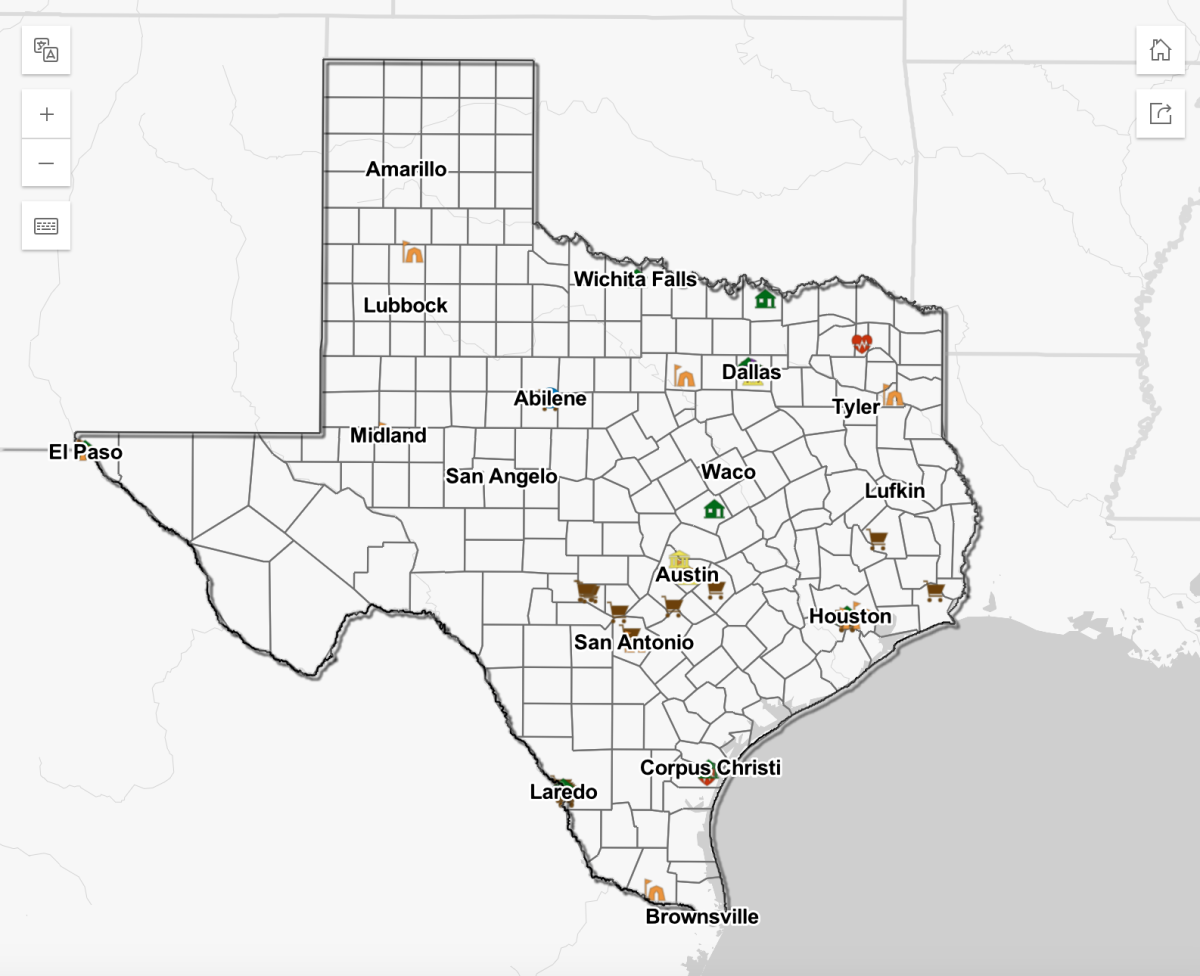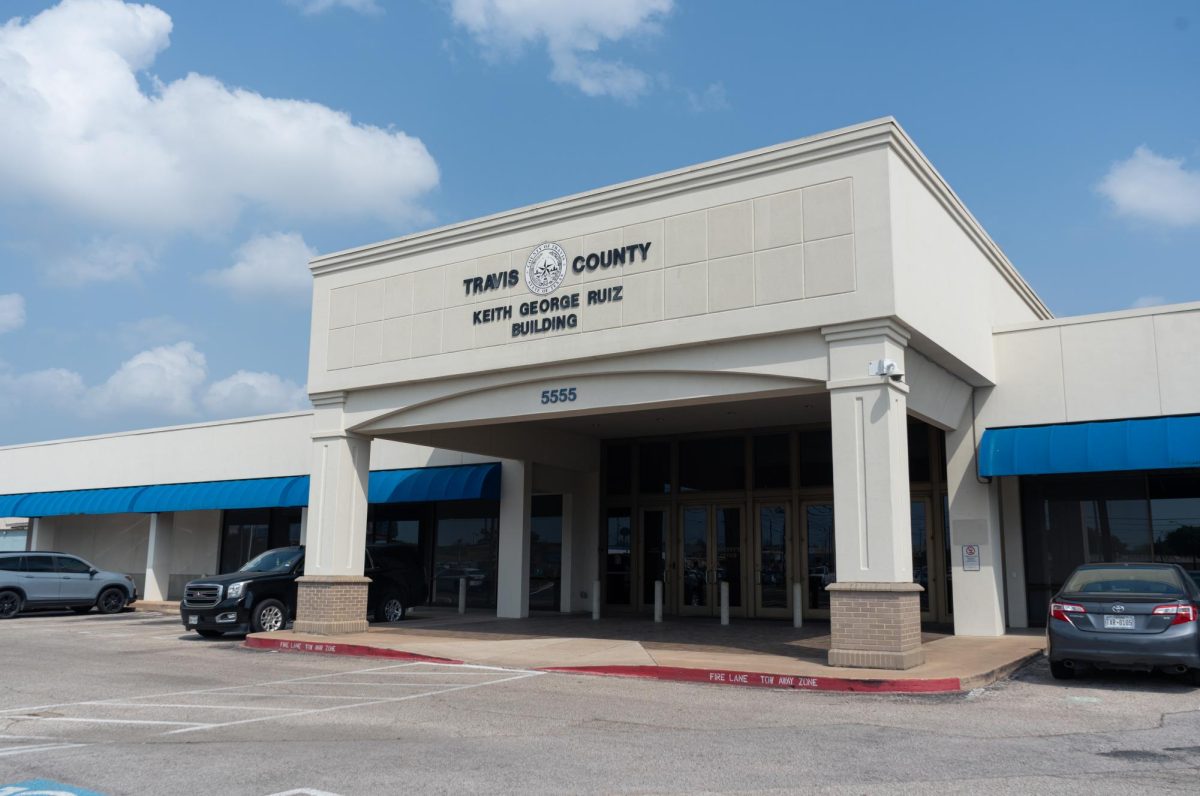Court hearings for a lawsuit filed against the Texas Department of Criminal Justice for a lack of air conditioning in Texas prisons will start July 30.
The lawsuit was filed against the criminal justice department in late April by Texas Prisons Community Advocates, Lioness: Justice Impacted Women’s Alliance, Coalition For Texans with Disabilities and Texas Citizens United For Rehabilitation of Errants. The lawsuit states the conditions violate the Eighth Amendment of the U.S. Constitution, which prohibits cruel and unusual punishment. If successful, the case hopes to mandate temperatures in Texas state prisons be maintained between 65 and 85 degrees.
The case is an amendment to a civil rights complaint initially filed in August 2023 by Bernhardt Tiede. Tiede, who was incarcerated at a prison in Huntsville, Texas, claimed the heat in his cell worsened his medical issues and a temporary injunction moved him to an air-conditioned cell. Jessica Dickerson, board member of Texas Prisons Community Advocates, said this lawsuit hopes to bring air conditioning across all Texas prisons.
“Our lawsuit hopes to force air conditioning for the entire system and hopefully not just for Texas, but for all of the other states where air conditioning is not (available),” Dickerson said.
Currently, about 70% of beds across the state prison system lack air conditioning. These cells often experience heat indexes of 110 to 120 degrees, with documented temperatures reaching up to 150 degrees, Dickerson said.
“We’re not talking about uncomfortable, we’re talking about deadly,” Dickerson said. “Nobody in 2024 should be boiling to death.”
Lioness project director Jennifer Toon called the heat “oppressive and dangerous,” likening it to sitting in a black car parked in the sun for hours with minimal ventilation.
The heat has adversely affected the health of prison residents, with those incarcerated reporting dehydration, heat rash and heat stroke due to extreme temperatures, according to Texas Prisons Community Advocates.
Robert Lilly, a criminal justice participatory defense organizer with Grassroots Leadership, said heat was a persistent issue during his time in prison units and said the denial of climate control is an injustice and torture.
“You’re going to bed sweating and you’re waking up sweating, which is a recipe for heatstroke, a recipe for dehydration,” Lilly said. “It is utterly frustrating and there’s no escape.”
Due to the way the Bureau of Justice Statistics classifies deaths, contributing factors such as extreme temperatures are often not accurately recorded, according to a 2022 Texas Prisons Community Advocates report. The lawsuit lists 20 deaths between 1998 and 2012 that the plaintiffs believe to be heat-related. The criminal justice department has not officially recorded heat-related deaths since 2012.
As the hearing approaches, the plaintiffs hope to achieve relief for incarcerated people living in extreme heat.
“This is about providing common support for any human existence’s survival,” Lilly said. “If you’re going to house us there for the duration of time that we’ve been mandated by the courts to remain there, then afford us the decency to be cared for as human beings.”














